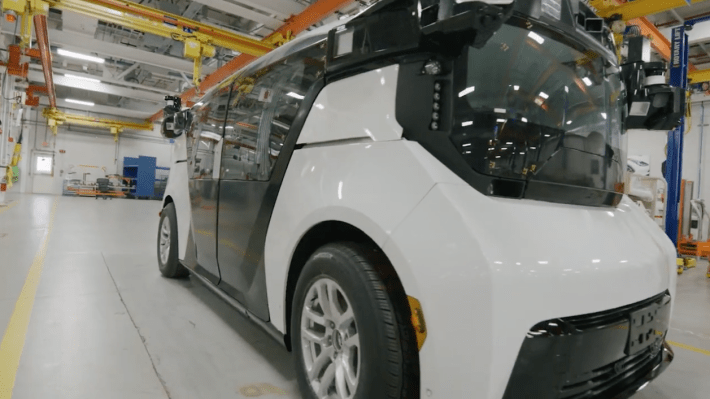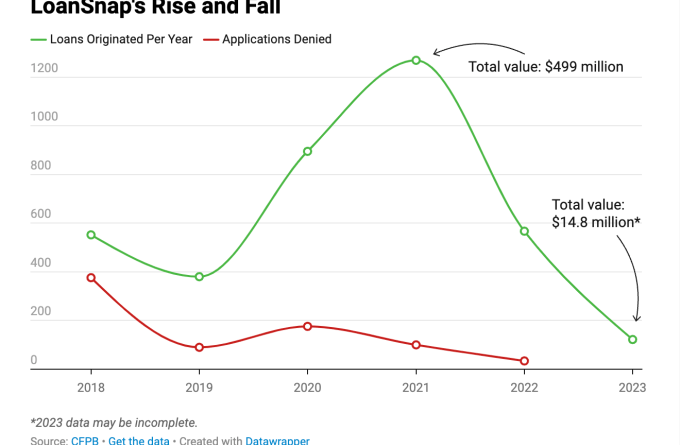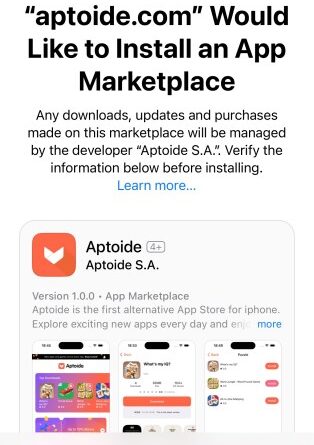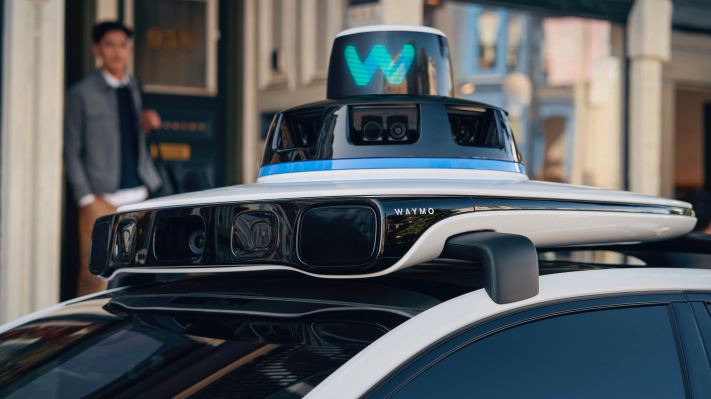
[ad_1]

The International Brotherhood of Teamsters union is urging U.S. auto safety regulators to deny a petition by General Motors to grant an exemption to Cruise, the automaker’s autonomous vehicle subsidiary, that would allow it to build its Origin AV without traditional vehicle safety standards.
Cruise’s Origin is purpose-built for autonomy, meaning it doesn’t have a steering wheel or pedals. In early September, Cruise CEO Kyle Vogt said the company was close to getting the green light from the National Highway Traffic Safety Administration (NHTSA), which would allow Cruise to start mass production of the Origins and begin putting them on public roads.
The Teamsters’ resistance against Cruise, and AVs generally, is on brand for the union, which recently criticized California governor Gavin Newsom for vetoing a bill that would ban driverless autonomous trucks on public roads in the state.
“It is dangerous for other motorists, for pedestrians, and for middle-class jobs for Cruise to make a request like this from NHTSA,” said Sean O’Brien, president of the union citing a series of “deeply concerning” recent incidents in San Francisco.
“To allow this company to expand its fleet to put even more ‘advanced’ driverless cars on the road would be catastrophic for everyone.”
The NHTSA did not respond to TechCrunch with a timeline for its decision on GM’s petition. The agency is expected to announce a new rule-making this fall around the deployment of noncompliant autonomous vehicles, which could clear the path for federal regulation around self-driving vehicles.
GM’s petition, filed in February 2021, asks for exemptions from six federal motor vehicle safety standards (FMVSS) for the Origin, specifically for parts that are required in vehicles manufactured and sold in the U.S. For example, all vehicles must have windshield wiping and washing systems so human drivers can see the road clearly. Vehicles also must have a transmission shifter that follows a specific sequence for parking, reverse and drive. Since the Origin is designed without a human driver in mind, there is no physical transmission shifter.
A public comment period for the exemptions wrapped up in August 2022. Cruise said Wednesday that the majority of public comments filed on its petition were positive.
The AV company has faced a lot of pressure recently after California regulators granted Cruise a permit to expand its commercial robotaxi services across San Francisco 24/7. In the weeks following that hearing, Cruise vehicles were involved in a number of incidents involving robotaxis malfunctioning and stalling in the middle of the street, and a collision with a fire truck that prompted the California Department of Motor Vehicles to order Cruise to immediately take half of its robotaxis off the roads. The DMV is also investigating “recent concerning incidents.”
In December, the NHTSA opened a formal safety probe into Cruise’s AVs after reports of two injuries in rear-end crashes. The NHTSA said Cruise vehicles may engage in inappropriately hard braking or become immobilized.
“Given fundamental questions raised concerning the safety record of the petitioner, and ongoing failures to detail components of the Origin’s operations, at this time we do not believe that GM/Cruise can operate a FMVSS-exempted vehicle at the level of safety standards required by federal law and regulation,” the Teamsters wrote in a statement.
The Teamsters’ opposition to the Cruise Origin also comes at a time when unions have the mic. The United Auto Workers Union is currently striking GM, Ford and Stellantis in factories across the U.S. President Joe Biden, whose administration oversees the NHTSA, joined the picket line this week.
[ad_2]
Source link






